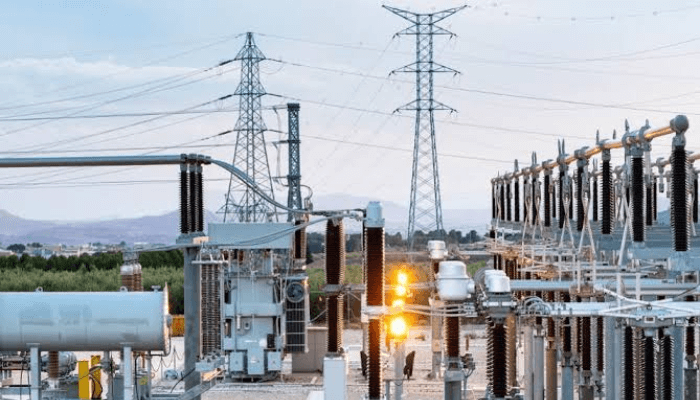In a decisive bid to revive Nigeria’s troubled electricity sector, the federal government has approved a phased strategy to refinance ₦4 trillion ($2.61 billion) in outstanding power industry debt — a move officials say will unlock long-delayed investments and ease the country’s persistent blackouts.
The liabilities, owed to 27 power generation companies for unpaid invoices dating back to 2015, have long hampered the sector’s growth, discouraging new capital inflows and worsening supply gaps in Africa’s most populous nation.
Following a recent verification of claims, President Bola Tinubu has given the green light for the debt settlement plan, which will be rolled out within the next three to four weeks under the management of the Debt Management Office.
“This is a significant milestone — it’s fully approved, and we’re moving straight into execution,” Finance Minister Olawale Edun said after Wednesday’s cabinet meeting in Abuja.
The refinancing package is expected to leverage bond issuances and other financial instruments to ease the immediate repayment burden while ensuring the obligations are fully met over time.
The initiative forms part of a broader reform agenda for the sector, which also includes a 35% reduction in electricity subsidies and higher tariffs for urban consumers — measures projected to save the government approximately ₦1.1 trillion ($718.58 million) annually.
Analysts say the combination of debt clearance and structural reforms could mark a turning point for Nigeria’s struggling power supply, though its success will depend on disciplined implementation and sustained policy consistency.


